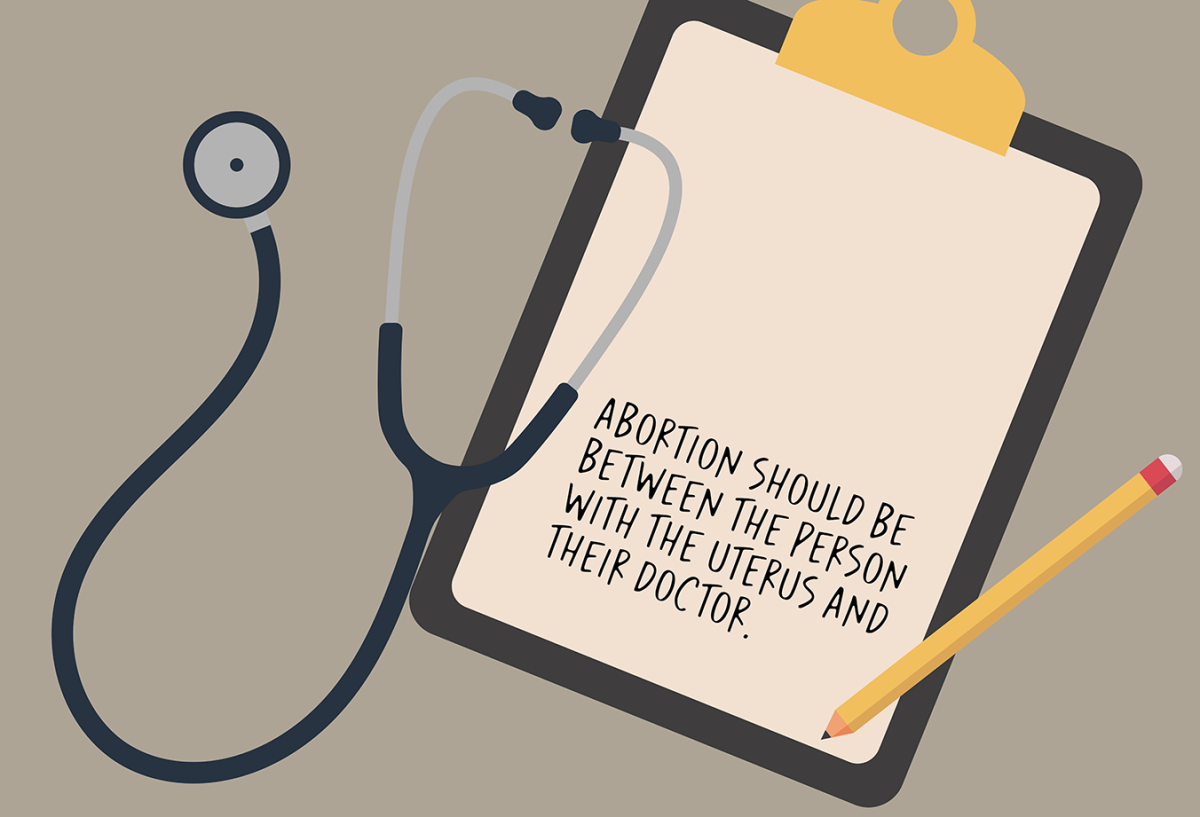Recognize Red Flags for Your Heart Health
March 24, 2022
(Family Features) A red flag is a common signal indicating potential danger or trouble, and that includes issues related to your health.
An educational campaign sponsored by Amarin Pharma Inc. encourages patients who have had a heart attack or stroke to “Raise a Red Flag” with their health care providers to learn more about their increased risk of another serious cardiovascular event.
Consider this information to help protect your heart health by understanding more about possible risk factors and how to reduce them.
Red Flags for Increased Risk
According to the American Heart Association, every 40 seconds someone in the U.S. has a heart attack or stroke. Research shows people who have had a heart attack are up to 50% more likely to have another cardiovascular event or heart procedure within a year.
In addition to having a medical history that includes heart disease or other heart-related incidents, like heart attack or stroke, there are other red flags that indicate you may be at increased risk for another cardiovascular event.
Other risk factors may be beyond your control, but awareness may help you manage your risk. A family history of heart disease puts you at greater risk, as does increasing age and other health conditions and lifestyle choices.
Reduce Your Risk
While you can’t control your age or genetics, you can make lifestyle adjustments and explore medications and other ways to manage your heart health, especially if you’ve already experienced heart health problems.
“Treating heart disease and stroke is a partnership and each individual’s doctor and health care team will develop a treatment plan that’s right for that patient,” said cardiologist Dr. John Isaac, an Amarin consultant. “For my patients who have already had a cardiovascular event, such as a heart attack or stroke, I often prescribe VASCEPA® (icosapent ethyl) to reduce the risk of another life-threatening cardiovascular event.”
The medication is used along with certain medicines (statins) to reduce the risk of heart attack, stroke and certain types of heart issues requiring hospitalization in adults with cardiovascular disease or diabetes and two or more additional risk factors for heart disease. It is not known if it is safe and effective in children.
In a clinical study, patients treated with VASCEPA had fewer cardiovascular events (17.2%) compared to those who took placebo (22%). Itis the only FDA-approved prescription oral medication clinically proven to reduce cardiovascular risk by up to 25% when taken along with certain medicines, such as statins.
You shouldn’t take VASCEPA if you’re allergic to icosapent ethyl or any inactive ingredient in the medication. Stop taking it and seek medical help if you have symptoms of an allergic reaction. Serious side effects may occur like heart rhythm problems and bleeding. Tell your doctor if you experience an irregular heartbeat or other heart rhythm problems. Other possible side effects include muscle and joint pain.
For more information, including Prescribing Information, Patient Information, Indications, Limitations of Use and Important Safety Information, visit raisearedflag.com to get your questions answered and schedule a health care provider appointment either in-person or via a telehealth visit.
Photo courtesy of Adobe Stock
IMPORTANT SAFETY INFORMATION
WHO SHOULD NOT TAKE VASCEPA?
- Do not take VASCEPA if you are allergic to icosapent ethyl or any of the ingredients in VASCEPA.
WHAT ARE THE POSSIBLE SIDE EFFECTS OF VASCEPA?
VASCEPA may cause serious side effects, including:
-
Heart rhythm problems (atrial fibrillation and atrial flutter).
Heart rhythm problems which can be serious and cause hospitalization have happened in people who take VASCEPA, especially in people who have heart (cardiovascular) disease or diabetes with a risk factor for heart (cardiovascular) disease, or who have had heart rhythm problems in the past. Tell your doctor if you get any symptoms of heart rhythm problems such as feeling as if your heart is beating fast and irregular, lightheadedness, dizziness, shortness of breath, chest discomfort or you faint.
-
Possible allergic reactions if you are allergic to fish or shellfish.
Stop taking VASCEPA and tell your doctor right away or get emergency medical help if you have any signs or symptoms of an allergic reaction.
-
Bleeding.
Serious bleeding can happen in people who take VASCEPA. Your risk of bleeding may increase if you are also taking a blood thinner medicine.
If you have liver problems and are taking VASCEPA, your doctor should do blood tests during treatment.
The most common side effects of VASCEPA include:
- Muscle and joint pain
- Swelling of the hands, legs, or feet
- Constipation
- Gout
- Heart rhythm problems (atrial fibrillation)
These are not all the possible side effects of VASCEPA. Call your doctor for medical advice about side effects. You may report adverse events (i.e. side effects) or product complaints by contacting AmarinConnect at 1-855-VASCEPA (1-855-827-2372), emailing
, or calling the FDA at 1-800-FDA-1088.
Tell your doctor if you take medicines that affect your blood clotting (anticoagulants or blood thinners).
For more information on VASCEPA,
to see the full Patient Information or call 1-855-VASCEPA (1-855-827-2372)





















































































































































